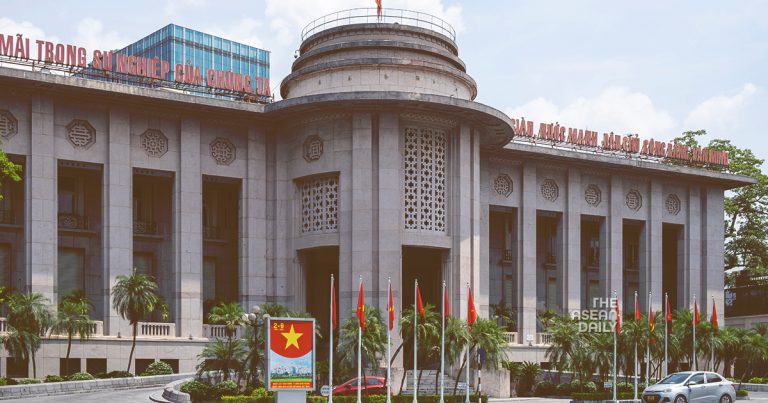18-1-2024 (HANOI) Vietnam’s National Assembly has approved new regulations aimed at curbing market manipulation by lowering the maximum stake institutional investors can hold in domestic banks. The reform, effective from July this year, reduces the limit for institutional shareholders, including investment and pension funds, from 15% to 10% of a bank’s equity.
The move comes in response to a major financial fraud case in 2022, where real estate tycoon Truong My Lan allegedly siphoned $12.5 billion from Saigon Joint Stock Commercial Bank (SCB). Critics argue that the new rules may not effectively prevent fraud, and opponents caution that it could reduce investments in banks at a time when the country’s banking system faces challenges.
Despite calls from foreign investors to lift the 30% cap on total foreign ownership of banks, the new regulations maintain the existing limit. The tighter limit on institutional shareholding could potentially discourage foreign investment, as foreign investors are often close to the current maximum. However, legislators opted not to lower the limit on individual ownership, keeping it at 5% instead of reducing it to 3%, as initially planned.
The reforms also grant more powers to Vietnam’s central bank to intervene swiftly in cases of significant cash withdrawals or when banks exhibit early signs of distress. The SCB scandal, resulting in a bank run, prompted the central bank to take over the lender.




